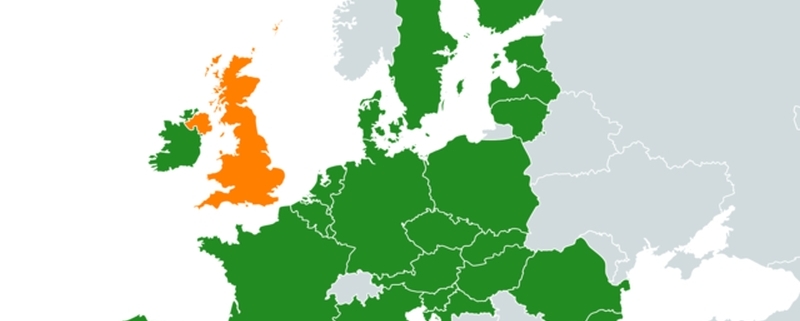
THIS ONLINE DISCUSSION IS FREE BUT PLEASE REGISTER VIA EVENTBRITE.
Almost eight years after the UK voted to leave the European Union and over four years since Brexit was implemented on 31 January 2020, the debate about the impact of Brexit rages on. In the run-up to the vote, nightmarish claims were made about what would happen in the event of a vote to leave. The then chancellor, George Osborne, claimed that a ‘punishment budget’ would be necessary to slash spending and raise taxes. Just voting for Brexit would lead to recession. Families would be worse off, on average, by £4,300 per year. Peace in Europe and even Western civilisation itself were under threat.
So what has happened since? The scare stories have continued. In an interview with the FT, the former governor of the Bank of England, Mark Carney, claimed that ‘in 2016 the British economy was 90% the size of Germany’s. Now it is less than 70%’. A report from Goldman Sachs claimed UK growth has been 5% lower than comparable economies since the referendum. The National Farmers Union worries that free-trade agreements have ‘opened the floodgates’ to cheap imports from Australia and New Zealand.
Economic growth has, it is true, been sluggish in the UK – but the same is true of comparable economies in the EU. Many of the claims made about negative impacts have been dubious. Comparing actual growth rates, the UK has probably done slightly better than Germany since 2016. Including services, UK trade has grown since 2018.
Yet if trade between the UK and the EU has been made harder because of Brexit – given that the UK is no longer part of the Single Market – surely there must have been some negative impact on the economy? To what extent has Brexit held back the UK economy? How can we separate out the impact of leaving the EU from everything else that has happened, particularly the pandemic? Has trade with countries beyond the EU compensated? Most importantly, with a period of great uncertainty seemingly at an end, what does the future hold?
SPEAKER
Catherine McBride
Catherine is an economist and a member of DBT’s Trade and Agriculture Commission, an independent commission tasked with scrutinising the new trade deals for compliance with UK agricultural regulations and standards.
Catherine worked in financial services for 20 years, trading and advising clients on international equity and commodity markets. She campaigned for Brexit, ran the Brexit Coalition in the run up to the 2019 election, has worked in various think tanks, and is a fellow of the Centre for Brexit Policy.
Writing primarily on financial service regulation, trade, and agriculture, she is a regular contributor on the websites Briefings for Britain and GlobalBritain, an occasional commentator on TRTWorld, GB News, Al Jazeera and BBC World Business Report. Catherine has written a paper for GlobalBritain entitled ‘Brexit and UK trade – what has changed?’.
Follow Catherine on X/Twitter @CeeMacBee and on Substack.
BACKGROUND READING
- Brexit Britain has ‘significantly underperformed’ other advanced economies, Goldman Sachs says, CNBC, 14 February 2023
- Goldman Sachs: Wrong on Brexit, Catherine McBride, Briefings for Britain, 22 February 2024
- Why Brexit has been far less damaging than Mark Carney suggests, Jonathan Portes, New Statesman, 8 November 2022
- Brexit is not to blame for our economic woes, Phil Mullan, spiked, 28 July 2022



